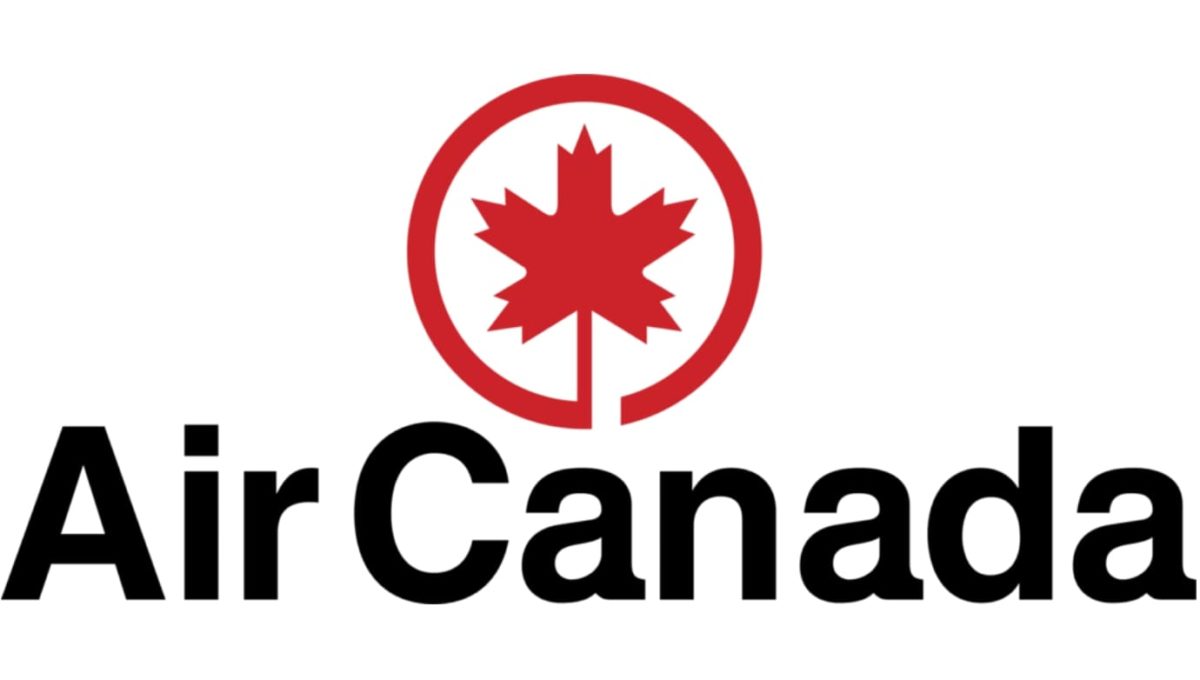Air Canada Pilot Shortage
In an unexpected turn of events, 2022 saw a significant surge in the number of Canadian pilots seeking opportunities to fly in the United States. Newly revealed U.S. government data has indicated that this trend is on the rise, raising concerns about potential shortages in Canada’s aviation industry. This influx of Canadian pilots is largely attributed to the pursuit of higher wages and better career prospects across the border. With the number of Canadian pilots applying for licenses to fly commercial jets in the U.S. tripling in 2022, from 39 in the previous year to 147, Air Canada and the Canadian aviation sector as a whole are now faced with pressing challenges. This article delves into the reasons behind this trend, its potential implications, and its impact on Air Canada as the airline enters negotiations with its pilots ahead of the expiration of their contract on September 29.
The Surge in Canadian Pilots Heading South
The dramatic increase in Canadian pilots seeking opportunities in the United States has been laid bare by data from the Federal Aviation Administration (FAA). In 2022, 147 Canadian pilots applied for licenses to fly commercial jets in the United States, a staggering jump from the mere 39 applications in 2021. This growth represents a threefold increase in just one year, indicating a significant shift in the preferences and aspirations of Canadian aviators.
Driving Factors Behind the Exodus
Several factors have contributed to this surge in Canadian pilots seeking employment across the border:
- Higher Wages: One of the primary drivers is the prospect of higher wages in the United States. The U.S. aviation industry typically offers more competitive compensation packages and better career advancement opportunities than its Canadian counterpart. With mounting student loan debts and the rising cost of living, many Canadian pilots are attracted to the potential for higher earnings.
- Better Working Conditions: Improved working conditions and more favorable labor regulations in the United States are also appealing to Canadian pilots. These conditions can include better rest and duty hour rules, stronger job security, and more predictable schedules.
- Career Advancement: The U.S. aviation sector is significantly larger and offers more diverse career paths than Canada’s aviation industry. Many Canadian pilots see the United States as a place where they can pursue a wider range of career opportunities, from flying larger aircraft to advancing into management roles.
Implications for Canada
The surge in Canadian pilots heading south has potential implications for Canada’s aviation industry:
- Pilot Shortages: With a growing number of pilots seeking opportunities abroad, Canada may face a deepening pilot shortage. This shortage could have a cascading effect on the domestic aviation industry, affecting the operations of airlines like Air Canada and causing disruptions for travelers.
- Impact on Air Canada: Air Canada, as the nation’s flag carrier, could be particularly affected by this pilot exodus. The airline already grappled with challenges during the COVID-19 pandemic, including layoffs and route suspensions. The current trend may put additional pressure on Air Canada, especially as it approaches negotiations with its own pilots.
- Increased Competition: As more Canadian pilots gain experience in the U.S., they may become attractive candidates for international carriers, intensifying competition among airlines for talent.
Situation Outlook
The surge in Canadian pilots seeking opportunities in the United States has raised concerns about potential pilot shortages in Canada and its impact on Air Canada. The allure of higher wages, better working conditions, and diverse career opportunities in the U.S. has led to this trend. As Air Canada enters negotiations with its pilots, it will need to address these concerns to ensure the stability and growth of the airline, as well as the overall health of Canada’s aviation sector. Finding solutions to retain and attract talent will be crucial to meeting the country’s aviation needs in the coming years.
AC:TSX Stock Forecast & Analysis
The average analyst target price for Air Canada over the next 12 months is CAD 28.83, with an average analyst rating of “Buy.” Stock Target Advisor’s analysis of Air Canada’s stock is “Neutral,” based on a balance of 5 positive signals and 5 negative signals. Currently, Air Canada’s stock price stands at CAD 22.77, reflecting a 1.16% increase over the past week, a -0.70% decrease over the past month, and a substantial +29.30% gain over the last year.








































